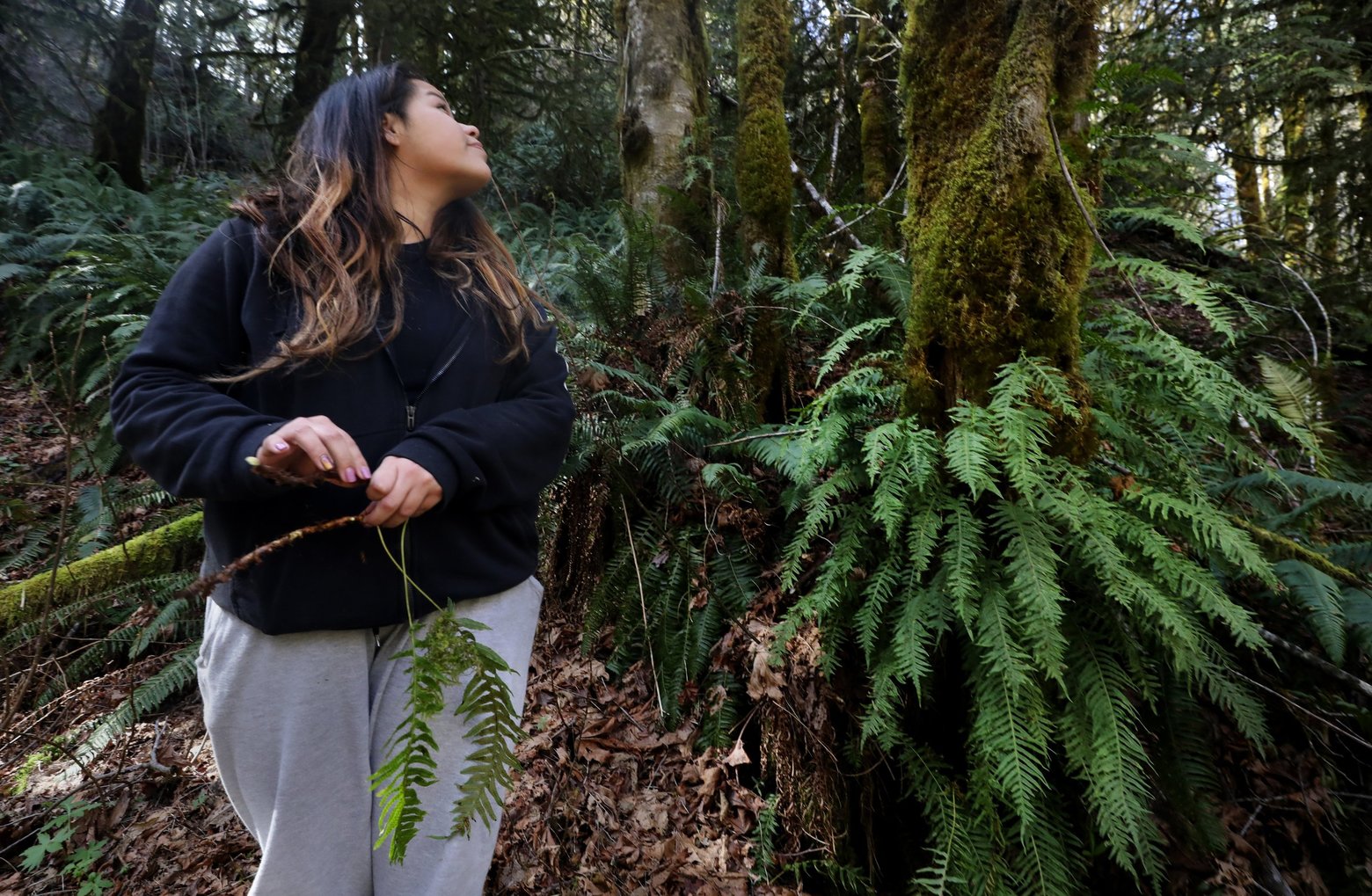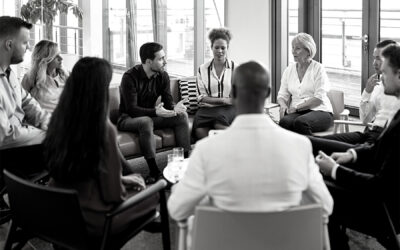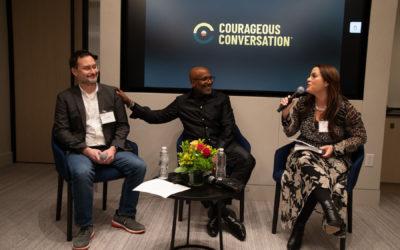By Lynda V. Mapes—March 24, 2020
Tribal communities know death by pandemic.
As history threatens to repeat itself with the menace of the novel coronavirus, tribal communities are turning to their teachings and one another to protect themselves amid what they call a near total failure of federal resources to help, despite solemn promises in treaties.
No one is waiting in these communities for someone else to come to the rescue. Response to the threat of the virus by tribal governments and health care providers has been swift and aggressive. Tribal governments are sovereign in their territory, with broad emergency powers — and they are using them.
States of emergency have been declared at multiple reservations, enabling tribal governments to spend funds, restrict gatherings, close their borders to outsiders, quarantine tribal members in their homes and even postpone elections. It was big news earlier this month when Gov. Jay Inslee restricted gatherings to 250 people in Washington. But some tribal governments, such as the Port Gamble S’Klallam on the Kitsap Peninsula, had already gone further, banning gatherings of more than 10 for at least 90 days. Such extreme measures are necessary, tribal leaders say. The Makah Tribe and Lummi Nation enacted shelter in place ordinances for their citizens, and the Yakama Nation followed suit Monday night. There is no time — and not a resident — to lose.
Their actions come against a backdrop of a federal government response that so far has set aside $40 million for tribes, tribal organizations and urban Indian health programs to battle the coronavirus. Not nearly enough, health experts say. Nor is there a clear path for that money to reach tribal health programs.
“That is a drop in the bucket,” said Abigail Echo-Hawk, a Pawnee tribal member and chief research officer for the Urban Indian Health Institute, the research division of the health board. “We are at the epicenter of what has happened. And there isn’t a mechanism to get that money into Indian Country in urban and rural areas.”
The health board is one of 41 urban Indian health programs around the country and serves about 6,000 people a year in Seattle and King County. Yet by mid-March the facility has just three coronavirus test kits on hand to deal with the pandemic. “We don’t have the capacity to test any longer,” Esther Lucero, a Dine´ tribal member and chief executive officer of the Seattle Indian Health Board said last week.
Whether the declaration of a national emergency by the president would change that was unknown. Like so many other things.
Read more at The Seattle Times.




